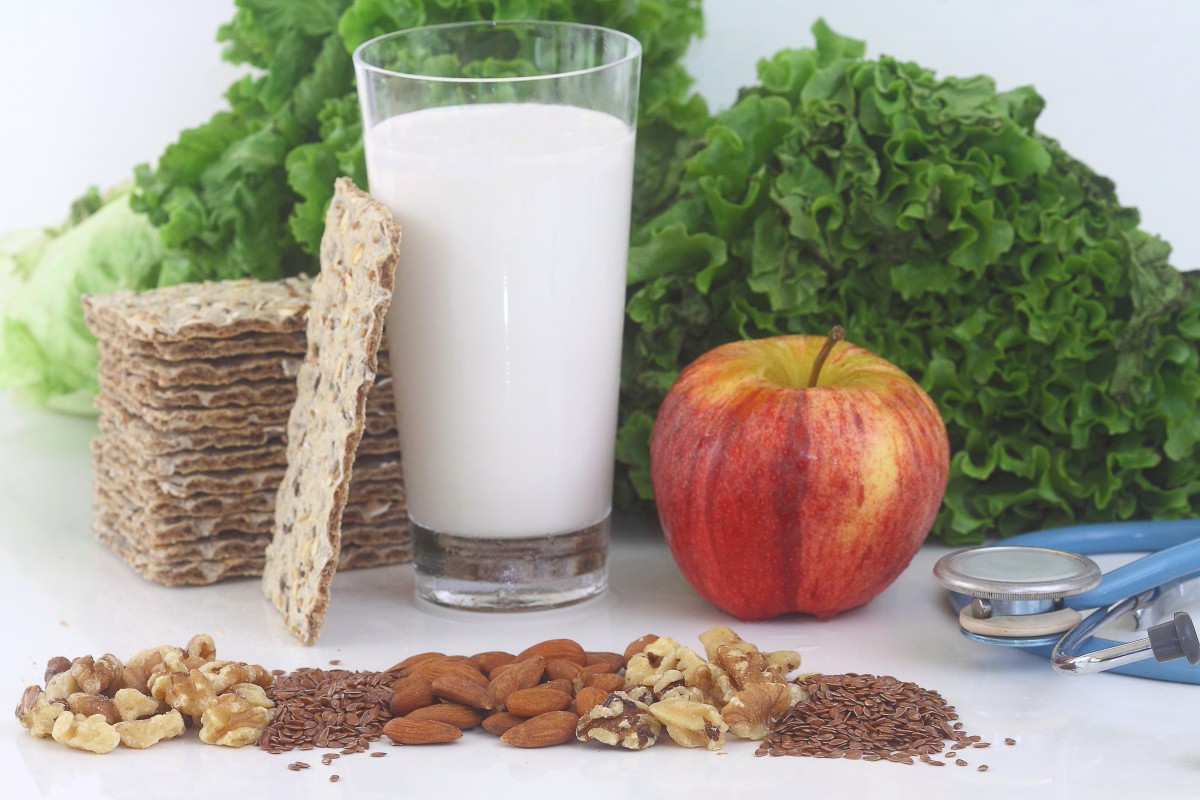MORGANTOWN — You can lead a kid to the produce aisle, but you can’t make him eat his vegetables.
Or can you?
Proving the above wrong has been the goal of West Virginia’s Special Supplemental Nutritional Program for Women, Infants and Children since 1974, when it was established in the Mountain State.
Starting Monday, WIC clients here will have even more choices for their shopping carts.
That’s when the new list of WIC-approved foods kicks in. That means more yogurt choices from Yoplait and Dannon, to name a few.
It means Post Alpha-Bits cereal and Pepperidge Farm soft, 7-grain hamburger buns — plus whole wheat tortillas, whole grain rice and organic infant foods.
Visit ddhr.wv.gov/wic to see the complete food list and its additions, which include national brands and their “store brand” counterparts.
Dr. Rahul Gupta said the enhanced shopping list is “based on the latest nutrition science.” Gupta is commissioner and state health officer for the West Virginia Department of Health and Human Resources.
“These programmatic updates allow the WIC program to better meet diverse nutritional needs of mothers and their young children,” he said.
“Programmatic,” is the dinner table key, said Anne MacBride, who directs WIC pro-grams for Monongalia County Health Department.
At least, the “program” part of the word, she said.
The earlier healthier foods are introduced, she said, the more likely a person will stay with those items into adulthood.
That’s not always easy, she said, especially in Appalachia, where sometimes it just isn’t a meal unless it comes fried-up in a fast-food container.
“It can be a challenge,” said MacBride, a nutritionist by training, “but it’s a rewarding challenge.”
The reward comes in through WIC’s family-centered mission, she said. Pregnant women are counseled on the importance of prenatal care.
New moms are coached on feeding and other nutritional particulars.
Youngsters learn foods that are good for you can actually taste good, too.
That awareness, plus the availability of WIC offerings, can also knock “food insecurity” in households. Food insecurity is what happens when you simply don’t have enough food to sustain yourself nutritionally.
A national WIC study in 2010 showed that Latino and black families in Chicago with children aged 2-3 reported more fruits and vegetables in those households — and thus less cases of food insecurity — following an update of the WIC list that year.
Tweet @DominionPostWV. Email jbissett@dominionpost.com.




